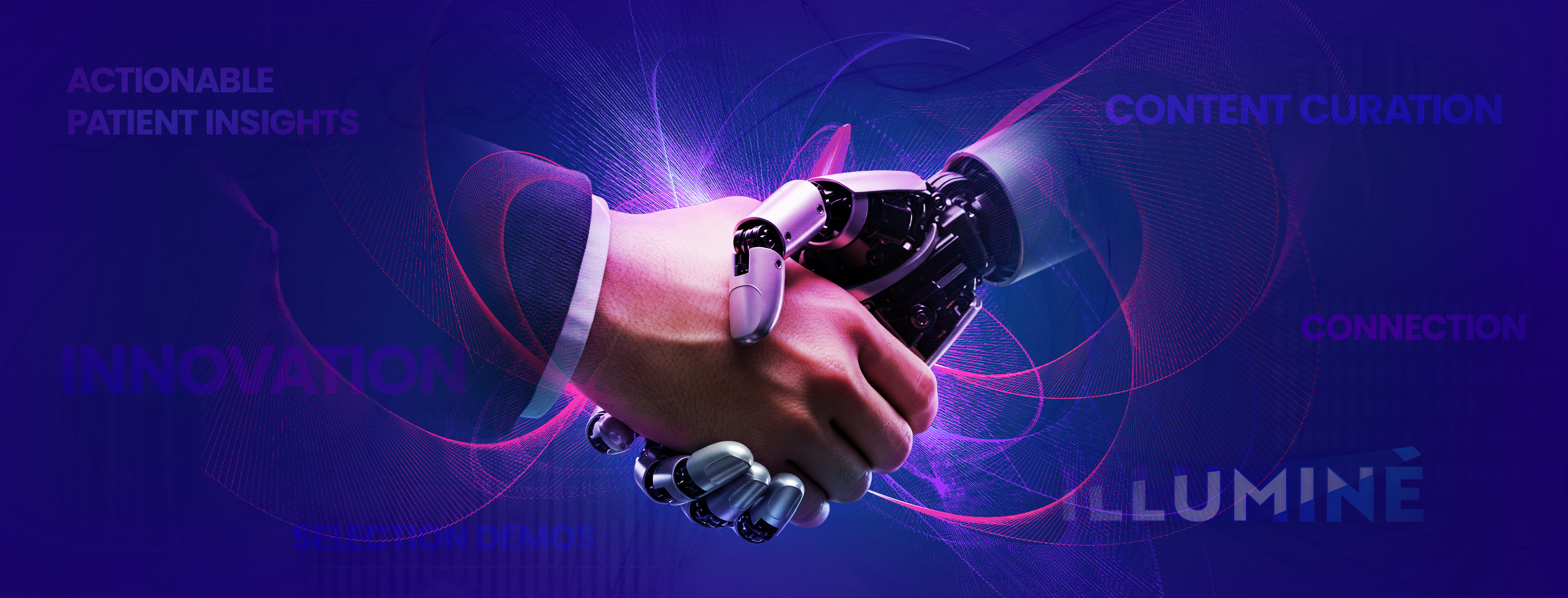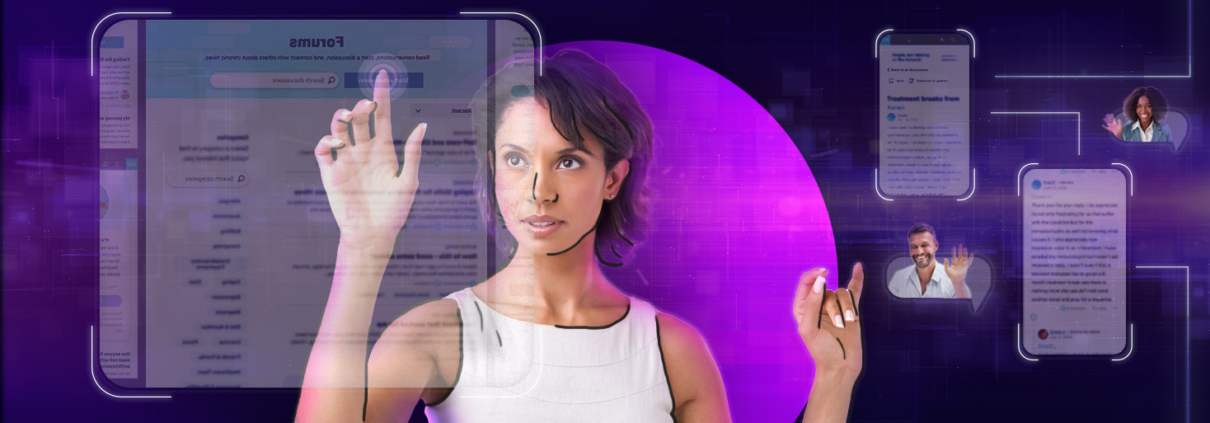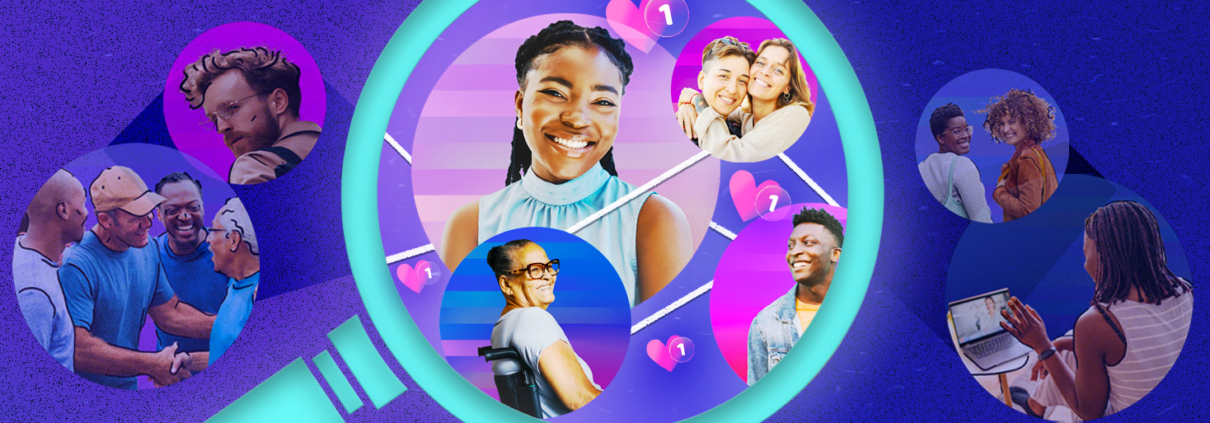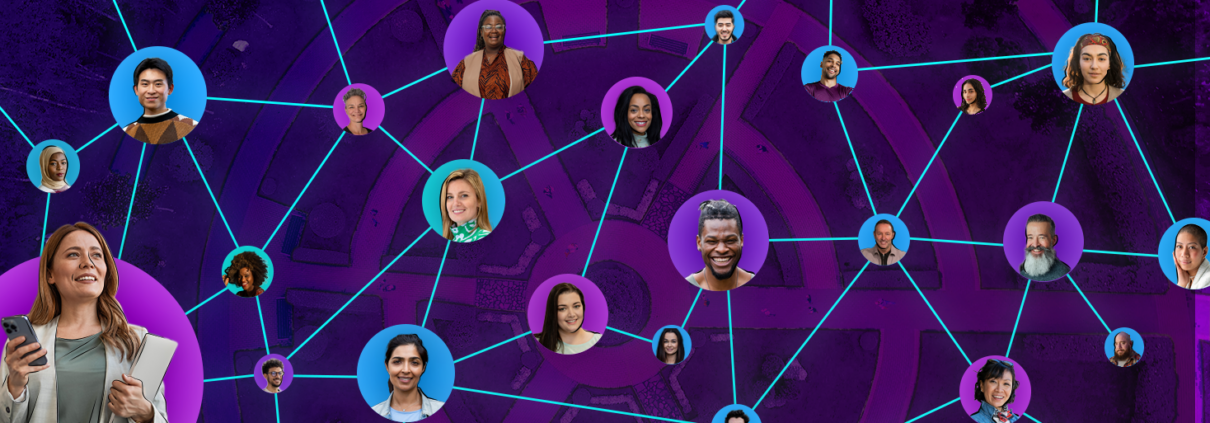- Patients value access to information but fear losing the human connection. While patients acknowledge AI’s potential for providing faster access to health information, most remain hesitant to use it for their own health management. The primary concern is the lack of personalization and human connection, with many worrying that AI cannot account for complex medical histories or specific individual needs.
- Age is a pivotal factor in AI adoption. A clear generational divide exists. Younger respondents show far greater familiarity and comfort with technology, including patient portals, health apps, and AI tools. This means a one-size-fits-all approach to AI in healthcare will fall short. Effective integration requires tailored strategies that respect these generational differences in comfort and adoption.
And What About the Healthcare Provider Perspective of AI?
To understand the healthcare provider perspective, we surveyed oncologists and primary care physicians from among our proprietary healthcare provider database, of which 105 providers participated. We explored their experiences with AI tools, their perceptions of patient familiarity with AI and use of AI health summaries, and their views on the emerging uses of AI in healthcare.
Here’s what we learned:
- HCPs have growing, but varied familiarity with AI. Most healthcare professionals report being only “somewhat familiar” with currently available health-related AI tools. Oncologists show the widest range of experience, from not at all to extremely familiar.
- Patients are perceived as unfamiliar with AI. Healthcare providers believe most of their patients are not very familiar with health-related AI, an assessment that closely aligns with patients’ own self-reported knowledge.
- Patients are using AI for research. Roughly half of healthcare providers state that patients use AI-generated summaries or health information at least sometimes to prepare for appointments, which also matches patient-reported data.
- AI’s provider potential lies in efficiency. Many healthcare providers see AI as an opportunity to improve efficiency and free up more time for patient-focused care. Key benefits include synthesizing data, providing clinical decision support, and automating administrative tasks like note generation.
- Accuracy and over-reliance are major provider concerns. Conversely, healthcare providers are concerned about AI’s accuracy, the risk of over-reliance eroding clinical judgment, and other drawbacks like potential bias, privacy issues, and liability risks.
Our Custom Research Approach: Researcher as Strategist, AI as Assistant
At Health Union, our custom research model is built on partnership. We pair our expert Insights Strategists with your team to explore the critical dynamics of your research objectives. By integrating thoughtful, tested, and proven AI tools into closed, secure workspaces, we enhance data quality, accelerate timelines, and elevate deliverables—all while prioritizing human oversight, data privacy, and security.
Here are a few examples of how we use AI within our research workflows:
- Brainstorming and optimizing research instruments to explore themes and test initial hypotheses.
- Automating initial qualitative analysis to rapidly generate themes, aggregate feedback, and kickstart reporting.
- Crafting custom AI experts, trained with specific instructions to perform targeted analysis tasks.
- Generating personalized, AI-driven follow-up questions in surveys to ensure more comprehensive open-ended responses.
- (Exploratory) Using AI-moderated interviews to augment human-led qualitative research, such as for pre-testing questions or homework assignments.
Health Union’s “Researcher as Strategist, AI as Assistant” model ensures humanity remains at the core of insight. Unlike a machine trapped in a futile loop, our team provides the critical thinking and adaptation that AI lacks. When working with us, pharmaceutical clients get not only thoughtful researchers who utilize AI through a critical thinking lens, but also strategic partners who understand how AI may be affecting the experiences of patients and healthcare providers as they navigate this new landscape. After all, it is our people at Health Union who are constantly learning from every patient interaction, every healthcare provider survey, and every client partnership.
Learn more about how Health Union Insights: health-union.com/insights-offerings.





